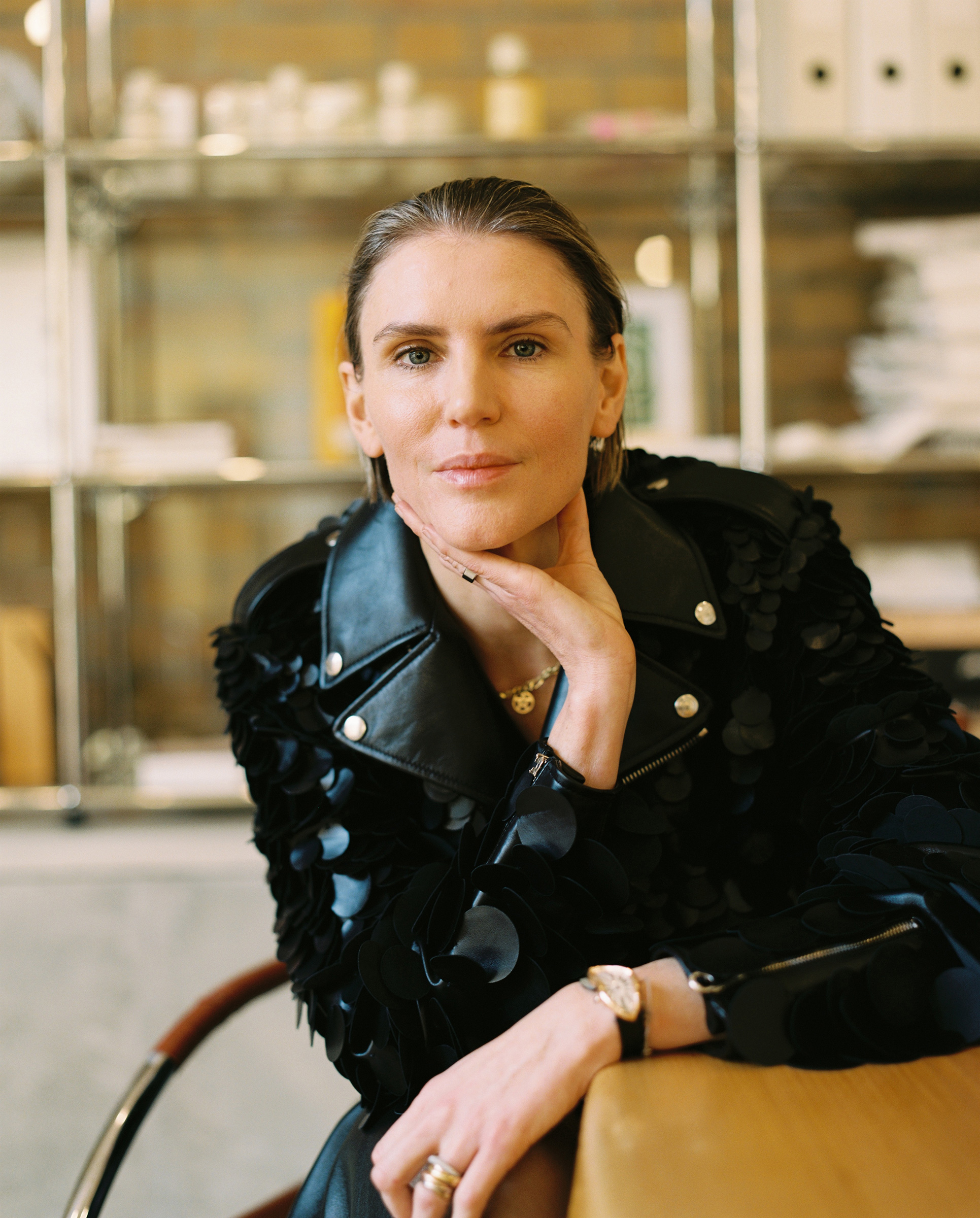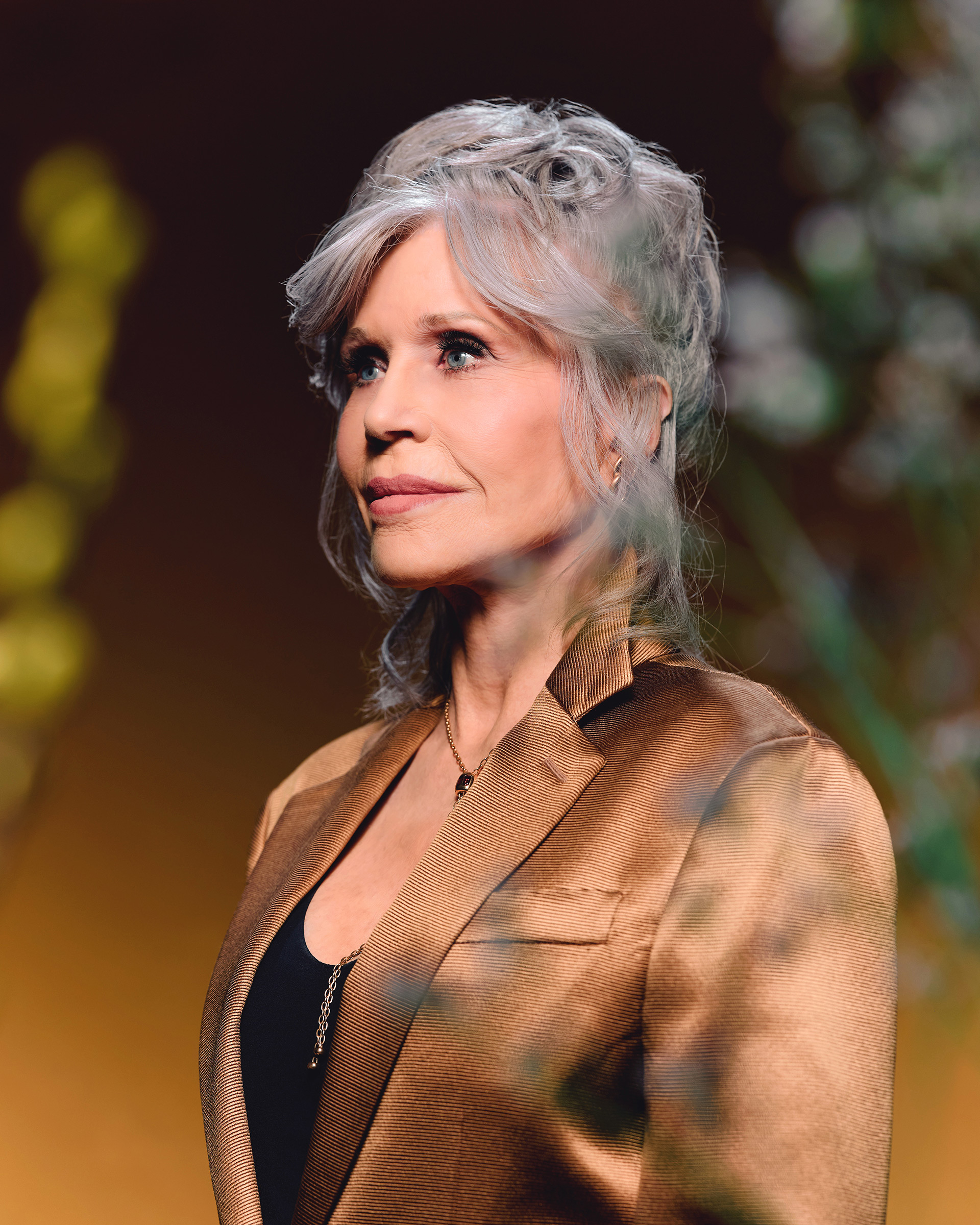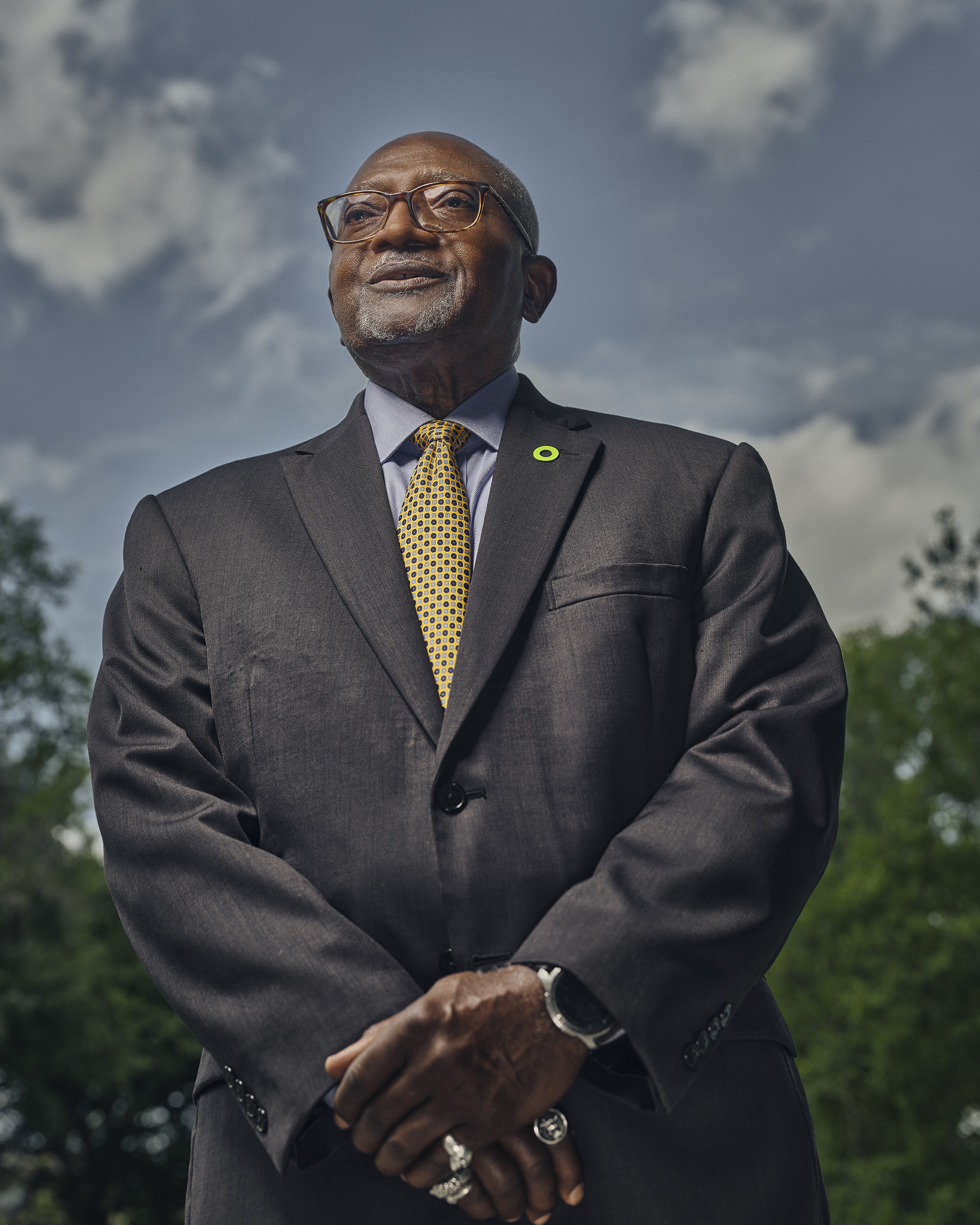Sitting in a taxi in Munich in February, stuck in traffic, John Kerry wrestled with an idea. The U.S. climate envoy was in southern Germany to attend an annual security conference, spending his days pushing world leaders to work together to fight global warming. But in a few hours, the former Secretary of State would receive an award named in honor of a well-known Nazi resister, Ewald von Kleist. As he ruminated on his remarks, he worked to connect what he called the “echoes of the 1930s” in today’s geopolitics with the need for unity on climate action.
By the time he took the stage to accept the award that night, Kerry had found the words to make the connection in a blunt speech lasting less than 15 minutes. “On climate, on Ukraine, and on so much more, the whole world needs to come together,” he told the dignitaries gathered in the ornate Bavarian palace where the ceremony was being held. “I hate to say it, and it’s not an exaggeration—but we do stand next to another abyss. It is the test of our own times, a test as acute and as existential as any previous one.”
Read More: It’s a New Era of Climate Geopolitics. And It’s Not Just For Policy Wonks
Over the past 40 years, Kerry has used his positions as U.S. Senator, Democratic nominee for President, and top American diplomat to bring climate action to the highest levels of international relations, using his stature and knack for persuasion to push the issue at home and abroad. As a Senator, he showed up at global climate meetings to keep the U.S. engaged. He would eventually piece together a bold, if ultimately unsuccessful, congressional effort to price carbon. Running for President, he leaned into the climate message with a commitment unlike any major-party nominee before him. And as Secretary of State he made the issue a State Department priority, created a global oceans conference that continues to this day, and helped broker the landmark Paris Agreement.
As the issue has risen on the global agenda in recent years, Kerry has been among the most influential voices shaping the tone and substance of the conversation. And despite the dark overtones of his Munich speech, devotees and critics alike often say Kerry’s defining characteristic is his optimism. He is able to look at the most dire situations, from climate change to the Middle East, and identify a path for everyone to come to their senses—often against the odds.
Read More: John Kerry’s Next Move
That optimism was tested from the start in his role as President Joe Biden’s climate envoy. Kerry entered the job in the middle of the pandemic and in the wake of an Administration that had effectively withdrawn the U.S. from international climate discussions. He immediately began hopping around the world calling on Presidents and princes to deliver the message that the U.S. could be trusted. By the end of the first year, he was launching coalitions and helping broker key international climate deals. “I know that people criticize the optimism,” says Amos Hochstein, a key international energy adviser to Biden who worked closely with Kerry. “I think it’s his superpower.”
That approach panned out at last year’s U.N. climate conference in Dubai, where Kerry held firm in his support of the oil CEO charged with leading the summit even as many climate advocates called for the executive to step down. “He sticks with his convictions,” says Sue Biniaz, a longtime adviser who served as his deputy climate envoy.
Kerry now begins a new chapter. He resigned from his role as climate envoy on March 6, but at the age of 80, after nearly 40 years in government, he is not retiring. Instead, he plans to join the private sector, drumming up money to finance climate efforts in the places that need it the most. It’s a fitting move. Kerry named his memoir Every Day Is Extra after a saying he and his buddies used as a touchstone during the Vietnam War. It’s a reminder to himself—and everyone else—not to sit on the sidelines when problems need solving.
More Must-Reads from TIME
- Cybersecurity Experts Are Sounding the Alarm on DOGE
- Meet the 2025 Women of the Year
- The Harsh Truth About Disability Inclusion
- Why Do More Young Adults Have Cancer?
- Colman Domingo Leads With Radical Love
- How to Get Better at Doing Things Alone
- Michelle Zauner Stares Down the Darkness
Write to Justin Worland at justin.worland@time.com



